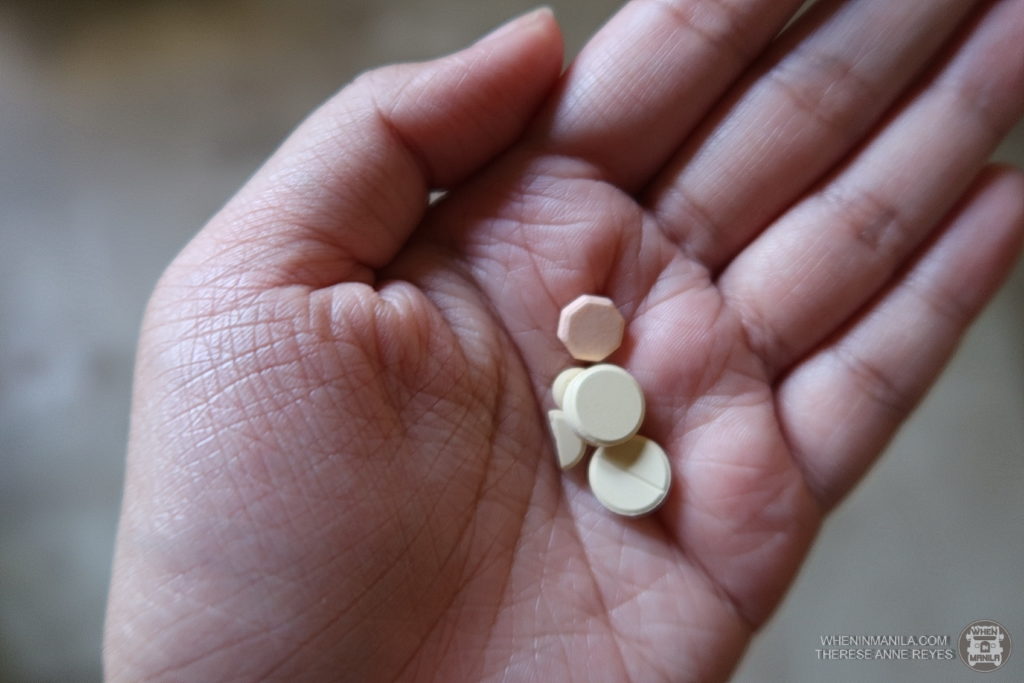As I’m writing this, I am confined to a hospital bed because I haven’t slept in almost four days. My appetite was down. My energy was through the roof. I wasn’t running out of energy. I could go on and on without any sleep. And I always had the urge to text and talk to all of my friends at 3AM. So, thank you to all my friends who talk to me at 3 or 4 in the morning.
I was up and stability was not present.
Stability is such a big word, especially when you are living with a mental condition. Bipolar condition makes you feel up (manic) or down (depressive). But ideally, we want to be in the middle – not up or down but right there in the middle.
You can also relate stability with people who are not living with a mental condition. We want a stable life, financially and emotionally. We want stable grades in school. We want a stable relationship. Stability comes in all shapes and sizes. Realizing your own definition of stability is your own challenge.
In my experience, it took me about two years to get to where I am today. I am not completely there, but I am in control and I am positive that I will reach my goal.
My road to stability is like the road to Baguio with winding roads that go up and down. It can be dark and scary at times.
It all started with my first appointment with my psychiatrist. I came in because of anxiety. As we walked the halls to my doctor’s clinic, I felt nervous. It’s hard to open up to a complete stranger, especially open all of those doors and take down all of those walls that you have built all your life. However, a good doctor will slowly open up all of those pent-up emotions brick by brick.
I was first diagnosed with Generalized Anxiety Disorder and Major Depression. It was the answer I was waiting for. It answered the questions in my head. My doctor said that anxiety is like a hamster on a wheel. It goes on and on, until you seek help and someone will help you get off of that wheel of anxiety.
After sessions with my doctor, it turned out that I was Bipolar.
My road to stability was also thanks to my medications. I know that not everyone is pro-medicine. My dad was not keen on me taking medications, either. However, with the help of my doctor, they were able to understand why I chose the medical route. Medication is not the answer to everything, but it helped me a lot.
Medication is not a happy pill. It’s not one dose to make things okay. It’s not instant relief. It won’t be this switch that will go off and on. Don’t be scared. It takes time to get that perfect cocktail. It took me two years to get me on the right kind and right dosage of mood stabilizers. Right now, they are testing a new kind of mood stabilizer, so my journey is not yet over; but it will be in time.
It may take a few years to get the right mixture. It may also take a few tries to find the perfect doctor. It may take weeks or years to get it right, but you will get there. There is always hope.
Therapy also helped me a lot. Talking about what I felt became my release. In therapy, you are taught ways and skills on how to cope. Don’t see therapy as the way you see it in the movies.
It’s nothing like that. With the right counselor, it’s just like talking to a friend. When you learn how to open up, you will slowly become aware of your triggers, and you will address those triggers during your sessions.
Aside from medication and counseling, support also played a big part on my road to stability. It may be support from family, friends, or even people you meet for the first time.
My main support system is my family. They come to my doctor’s appointments. They stay at the hospital with me. They bring me to my therapy sessions. They wait in the waiting area for hours until I finish. They go to seminars with me. They hold my hand through all of these ups and downs. They were and are my constant supporters. And I thank them for that.
Support can come from people you barely know, too. A support group helped me become stable. Complete strangers became the people I confided in. From strangers, they became friends. In a support group, you don’t feel alone. You feel one with the group. You know that you won’t be alone in your struggles. There will be people who will be there for you, who will listen to you, and who will give you advice. You are not alone.
Stability needs to come from yourself. Having the courage to become better comes from you. You need to accept that you need help. Have faith in yourself that you will get better. It is all in you. Aside from going to the doctor and going to support group meetings, you need to help yourself. You need to take care of yourself. You need proper sleep, a balanced diet and exercise. It’s called self-care.
Lalah Delia says, “Self-care is how you take your power back.” Self-care is not complicated. I know it is hard to even get out of bed when you are down, but even little things can help, like washing your face or brushing your teeth. A warm shower is self-care. Eating your favorite food after a stressful day is self-care. It can be anything that helps you recharge and de-stress. The power comes from you. It can be hard, but you have to think positive. Know that you will get better.
The road to stability is not a one-way road. It’s like a board game. You go forward, but you can also take a step backward. Sometimes, you might stay stuck in one place, but then you recover and move forward again. Do not let it stop you from continuing. You will reach your goal. You will reach your destination. It may take a while. There will be twists and turns along the road, but you will get there. I am still on that journey, but I know that I will get there.
I live with a mood condition, but I am on my way to stability.
Need some help? Here’s our directory for mental health hotline support groups and more






